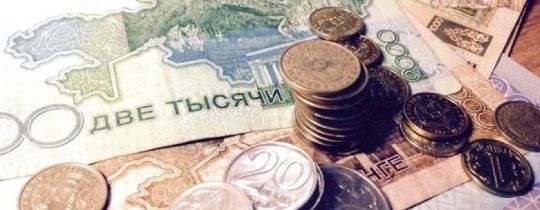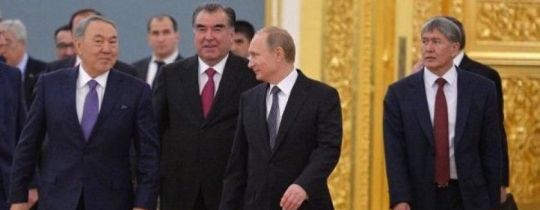About one third of the Kazakhstan economy lies in the shadow. In this regard, the country occupies the 107th place on the list of 158 countries published on the IMF site. Note that the “shadow” part does not include the “usual” criminal economy and the household work. If they were included, the share of the shadow economy in Kazakhstan could easily increase twice.
After our last year publication on the problems of Kashagan, we learned that it was taken quite hard in certain political circles (see The
In the 2016 UN annual human development report, Kazakhstan occupies 56th place in terms of its human development index (HDI). It means the country is among the states with a high level of the human development but is inferior to its EEU partners such as Belarus (52nd place) and Russia (49th place) that belong to the group of the countries with a “very high level of the human development”.
The recent tensions in the relationship between two countries of the Central Asian region – Kazakhstan and Kyrgyzstan – have, in fact, a far more serious foundation that it may appear to the casual observer. First and foremost, this is about the systemic differences in their economies and political systems’ peculiarities that result from these differences.
Second attempt of transferring to democratic system in Brazil proved successful. However, it is hard to call it finished, considering political history of the country in the last two years, when as a result of impeachment Dilma Rousseff was removed from power due to corruption scandal. According to latest polls Brazilians aren’t opposed to repeating the experience of 190s, in order to finally defeat corruption in the country.
Brazil’s political history is remarkable and multifarious. It has been a “test facility” for all sorts of political governance – a monarchy, a corporate state, an oligarchy, a military dictatorship, and a parliamentary republic.






